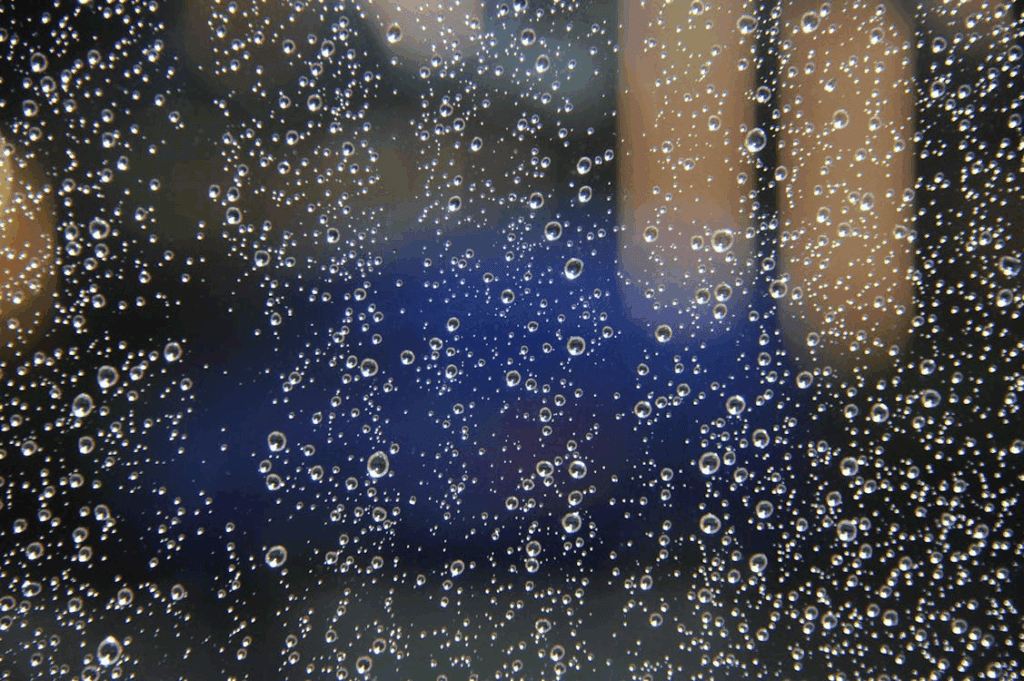We may earn money or products from the companies mentioned in this post. This means if you click on the link and purchase the item, I will receive a small commission at no extra cost to you ... you're just helping re-supply our family's travel fund.
Home repairs can be very costly indeed, sometimes constituting a real financial emergency. Few of them are quite so expensive as water damage, however. As pervasive as water is, it can seep into and ruin all kinds of furniture, decor, and building materials, and lead to problems with mold and mildew for a long time to come. Prevention is much better than the cure; for that reason, here are some key ways to prevent water damage from wreaking havoc on your home.

Check Your Plumbing Routinely
If there’s one home problem in particular that you shouldn’t ignore, it’s anything that’s odd or out of place with your plumbing. Keep an eye out for dripping faucets, leaking pipes, as well as signs of corrosion, especially under sinks or behind appliances. Even small leaks can escalate into major problems, so when you see an issue, if you can’t fix it yourself, get the pros in.
Install Leak Detection Sensors
Of course, you can’t check the whole home’s plumbing every day. Thankfully, modern technology can take care of it for you, with leak detection sensors that can be placed near appliances, under sinks, or around water heaters to alert you at the first sign of moisture. Some of the most recent ones can even notify your phone, alerting you to the danger as soon as possible. From there, you can turn off the water at the mains and assess the damage.
Don’t Skip The Annual Roof Inspection
Not all water damage comes from internal sources. Your roof is your primary defense against invasion from the outside, as well. Over time, shingles, flashing, and sealants can deteriorate, creating leaks that damage ceilings, walls, and insulation. A professional roofer can inspect the area, identify weak spots, and provide any repairs that you might need. It’s especially important to get it checked before winter or if there’s a storm season in your area.
Clean Your Gutters And Downspouts
Your gutters and downspouts are designed specifically to direct water away from the home and into the plumbing system. If they get blocked up by leaves, organic debris, or anything else, it can become a serious problem. Water will look for the path of least resistance, which might mean cracks in the home’s exterior that can open up, eventually causing water damage to spread inside. Ensure you clean your gutters at least twice a year to prevent this, or install gutter guards to prevent blockages.
Ensure Proper Drainage Around The Home
If the landscape around the home slopes towards it, water can start to pool around your home, which can eventually begin to affect the foundation. You can grade the yard away from your home, ensuring that rainwater flows safely away into drains and soakways. If you have had problems with drainage before, it might be worth investing in a new sump pump for the basement.
With the tips above, you can ensure that you’re always being mindful of the most common causes of water damage, doing what you can to prevent it and the hefty bills that come with it.
Leave a Reply